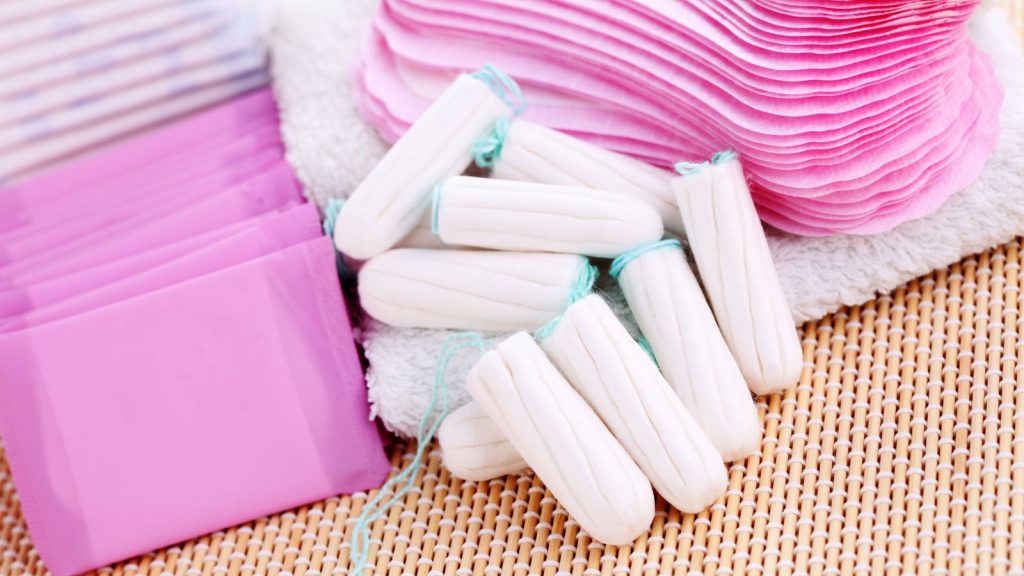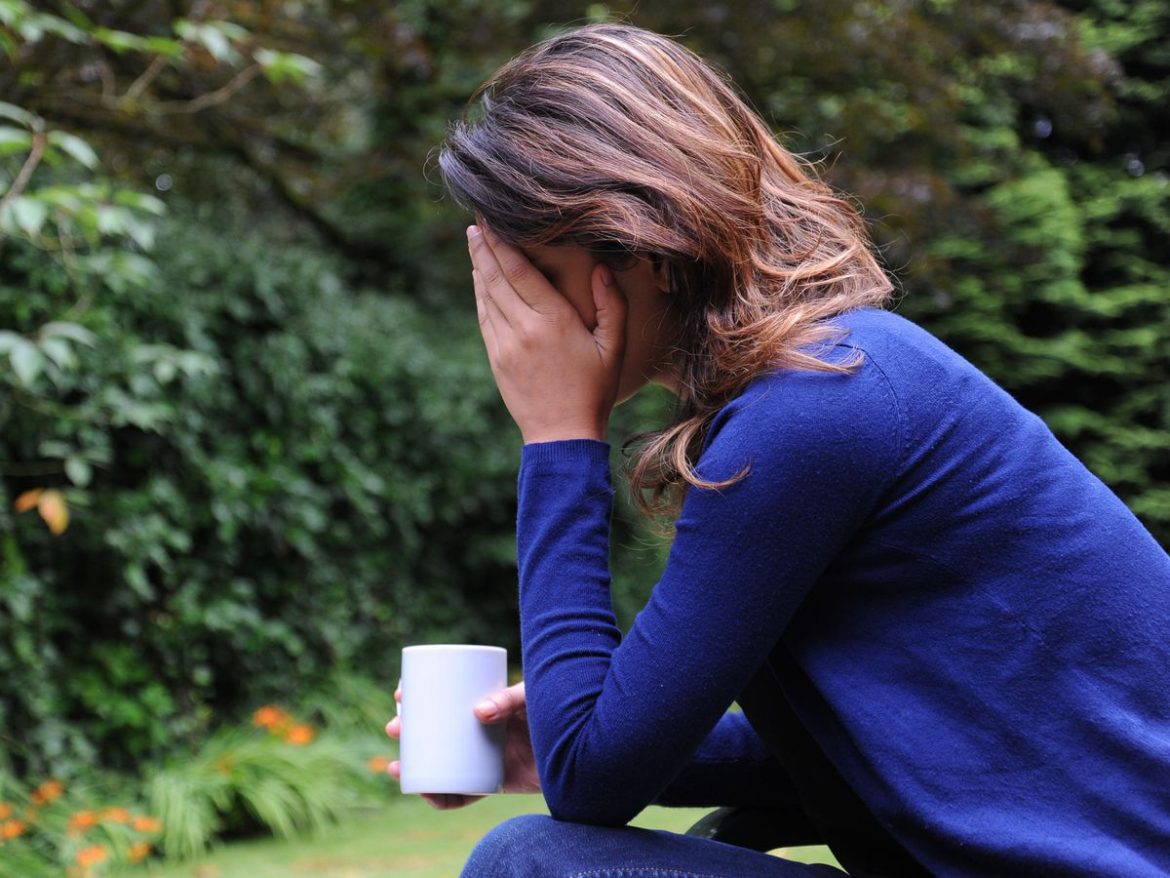Some women and girls said they are being forced to use makeshift materials such as toilet paper or sponges. Others are cutting back on food, as well as missing school and work.
One in four women and girls in the UK have struggled to afford period products in the last year, research has found. Nearly 83% of those surveyed by charity WaterAid said more needs to be done as the cost of living crisis makes shopping for everyday needs increasingly unaffordable.
Some 2,000 British women, girls and non-binary people who menstruate and are aged 14 to 50 took part in the survey, with nearly a third (32%) saying they are worried they will not be able to afford period products in the future. One in four (26%) are wearing period products for longer than they should, risking their health – while an additional one in five are coping by using makeshift materials such as toilet paper or sponges.
An anonymous respondent said: “I am using the cheapest toilet roll I can find to use for periods. It’s not hygienic or recommended, but it’s all I can afford.” The international charity is calling for menstrual health to be recognized as critical for gender equality, so no one is unfairly held back during their period.
School-aged girls are among the worst affected, with two in five (41%) worrying about adding to the financial burden of their parent or caregiver, and one in five (20%) saying they missed school or work because they could not afford period products.

The charity reported that a third of schools lack decent toilets – another reason many girls miss classes during their periods. One student said that cheaper period products would improve their mental health because they “wouldn’t have the worry of keeping money aside”.
“I wouldn’t worry about the fact that I might not be able to afford period products for my next period which would mean I would miss work and university,” she said.
In the last year, 22% have relied on free period products from work, school, a food bank or other charity, while nearly a quarter (24%) reported missing social activities.
Girls ‘cutting back on food’ to pay for period products
A separate survey by Plan International UK also found that girls and young women are using makeshift items because they cannot afford period products – with items like toilet paper, socks, newspaper and fabric used.
Nearly a fifth (19%) have been unable to afford period products at all this year, while one in 10 of the 1,000 UK respondents used a food bank to get what they needed.
Half of girls who struggled to afford period products since the start of 2022 said they had to cut back on food and groceries to be able to buy them – almost double compared with last year.
Rose Caldwell, chief executive of Plan International UK, said: “As we look to an uncertain future, many more families will face tough financial choices, and more young women than ever are likely to face issues affording the products they need. Period products are a necessity, not a luxury, and they need to be treated as such.” Support provided in recent years includes free period products in schools and the abolition of the tampon tax in January 2021.



1 comment
Reading your article helped me a lot and I agree with you. But I still have some doubts, can you clarify for me? I’ll keep an eye out for your answers.